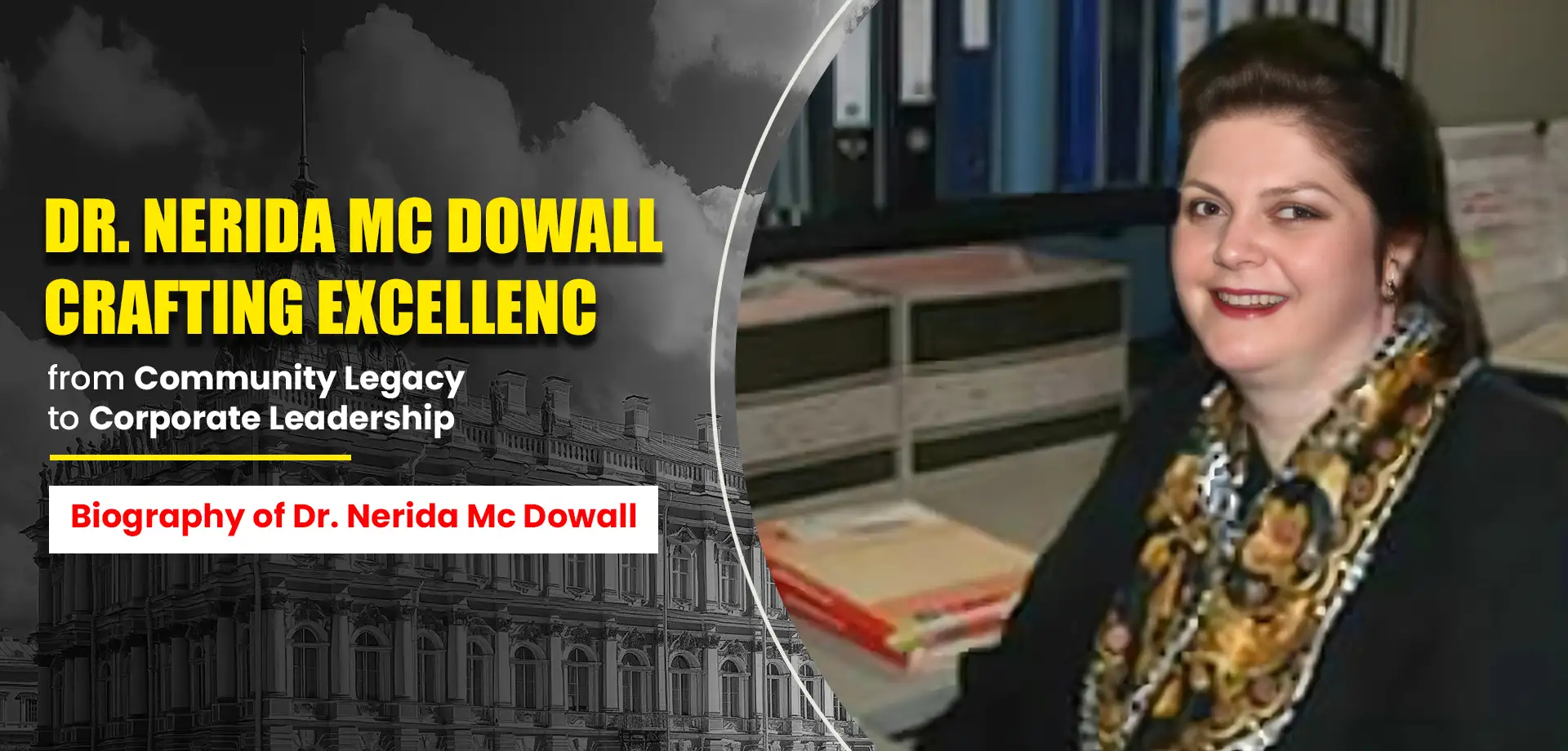
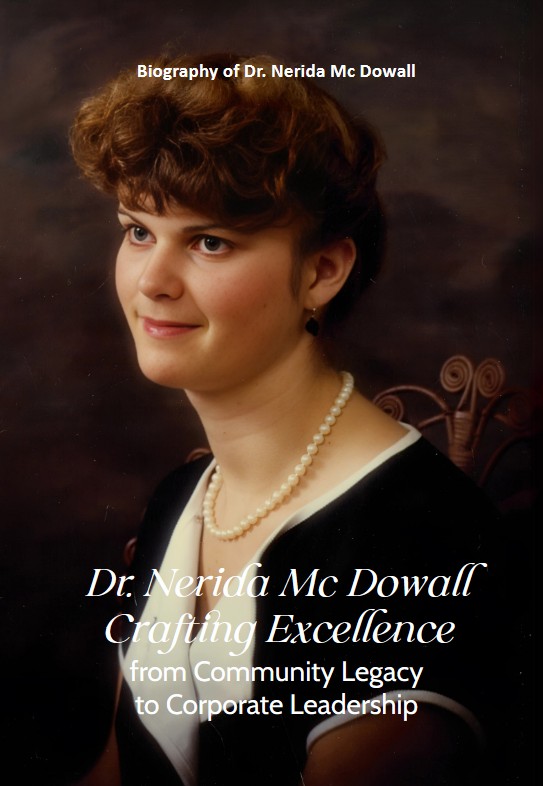
“Remember — Nothing but your best is good enough.”
Introduction
In every organisation, there are names you remember and those you rely on. Dr. Nerida Mc Dowall has always been both.
Her career isn’t defined by a single institution or title — it’s defined by a philosophy. One of high standards, deep integrity, and systems that don’t just work — they withstand. Over four decades, across sectors as distinct as hospitality, government education, and risk governance, Dr. Nerida Mc Dowall’s legacy has been forged not in the spotlight, but in the structure.
And yet, her story begins far from boardrooms or compliance committees. It begins in the vibrant stalls of the Queen Victoria Market in Melbourne, where a young girl stood beside her mother, serving customers with a smile that masked the early formation of a leader. There, in that open-air arena of commerce and community, Dr. Nerida Mc Dowall discovered her first superpower: People.
From market floors to five-star hotels and food courts, her understanding of service, excellence, and discipline grew with her. Her education at Korowa Anglican Girls’ School, followed by a Diploma in Food Science from RMIT University, gave her the technical foundation. But it was her first job at Hilton International Melbourne — inspecting 125 rooms daily as a Housekeeping Supervisor teaching her the kind of discipline that no degree can teach.
Dowall created hers by constructing bridges — between industries, between systems, between generations of learners. From food safety training to ISO compliance, from managing national audits for BP Australia to overseeing enterprise assurance for over 300 Catholic schools, she didn’t just meet standards — she raised them.
But perhaps the most defining aspect of Dr. Nerida Mc Dowall’s story is her ability to evolve without erasing any part of herself. She didn’t leave hospitality when she moved into education — she carried its lessons with her. She didn’t switch careers when she became a governance expert — she expanded her impact.
Phase 1 : The Making of a Professional – Early Years & Education
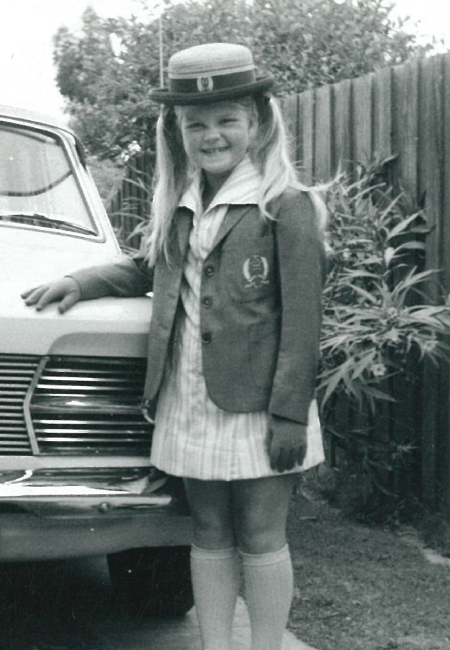
In the heart of Melbourne, nestled between the fast lanes of city commerce and the enduring traditions of community, the story of Dr. Nerida Mc Dowall quietly took root. Long before the boardroom reports and regulatory audits, there was a little girl with sharp eyes and quicker wit, standing beside her mother at their family’s Queen Victoria Market stall — a fifth-generation business that taught lessons no classroom ever could.
It was here that Nerida’s lifelong education began. Not in textbooks or lecture halls — but in conversation, in customer service, and in commitment.
Every morning at the market, as the city yawned awake, she was already learning the nuances of human behavior, the patterns of commerce, and the grace of perseverance. While most children her age were still adjusting to school life, Nerida was effortlessly managing transactions, assisting travelers, and absorbing the unspoken rules of entrepreneurship.
Her early schooling years were shaped at Korowa Anglican Girls’ School in Glen Iris, Melbourne. A place of discipline, tradition, and academic excellence, Korowa provided not just curriculum but clarity. From the very beginning, Nerida stood out not for her loudness but for her diligence — the kind that never needed applause to be effective.
Her teachers noticed something that many people may have missed — Nerida had an almost intrinsic ability to lead through order, to bring calm to complexity, and to master detail with an artist’s touch. These weren’t traits commonly celebrated in a world obsessed with charisma, but they were the building blocks of greatness.
By the time she entered tertiary education, Nerida had already developed a deep interest in food science — a field that combined her love for precision, systems, and service. She enrolled at the Royal Melbourne Institute of Technology (RMIT) for a Diploma of Applied Science in Foods & Food Service, where she quickly distinguished herself not just through academic merit, but through a work ethic that bordered on perfectionism.
It was during this phase that a moment occurred — small, perhaps, but formative. On the very first day of induction at RMIT, the Vice Chancellor addressed the incoming students with a sentence that struck Nerida like lightning: “Nothing but your best is good enough.”
This wasn’t just a motivational slogan for her. It was a lifetime principle. A compass she would return to in every professional storm and personal doubt.
Phase 2 : From Kitchens to Compliance – A Dual Career Emerges
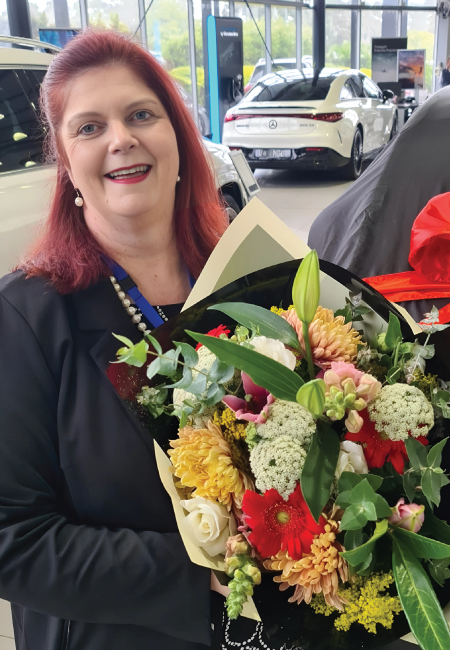
There are few professionals who can say they’ve mastered not just one career, but two — and fewer still who’ve done so with the elegance, structure, and sustained excellence of Dr. Nerida Mc Dowall. From polished banquets in five-star hotels to risk matrices in educational institutions, she didn’t merely pivot careers she wove them together into one extraordinary, integrated legacy.
Her journey into hospitality was not incidental. It was intentional. After graduating from RMIT with a Diploma of Applied Science: Foods & Food Service, Dr. Nerida Mc Dowall entered the culinary and service world with a sharp understanding of standards — both culinary and operational. But she wasn’t there to simply manage recipes or run banquets. She was observing, refining, building systems long before she ever worked in compliance on a formal basis.
Her early roles taught her the most valuable leadership trait: discipline in execution. At Hilton International Melbourne, she was charged with the daily inspection of 125 rooms. At the Federal Pacific Casinos & Hotels, she managed a banquet department with 87 staff. And at David Jones Limited—Australia’s luxury department store—she ran the food court and catering divisions, overseeing six departments and 150 staff.
Her role at Daimaru Australia—one of Japan’s most prestigious department store brands—was another turning point. One of only two women in management, she oversaw 187 staff across the Cooksworld Food Hall. Here, among French patisseries and gourmet sushi counters, she sharpened the skills of cross-cultural communication, large-scale coordination, and above all, operational ethics.
But even then, she was preparing for something more. She began to see patterns beyond food—recognising a deeper need not just for service, but for structure. She saw the importance of education: the urgency to train staff in standards, to formalise protocols, and to systematise knowledge transfer across departments. Her natural next step? Education.
She founded her own consultancy business: Nerida Mc Dowall & Associates and Registered Training Organisation: Quality Food Safety Planners & Instructors — a rare feat for anyone, even rarer for a woman at the time, and rarest of all in the compliance-heavy space of accredited education. Her consultancy wasn’t just a business. It was a vehicle for policy implementation, training delivery, and systemic transformation across sectors.
Phase 3 : Mastering Systems – The Governance Years
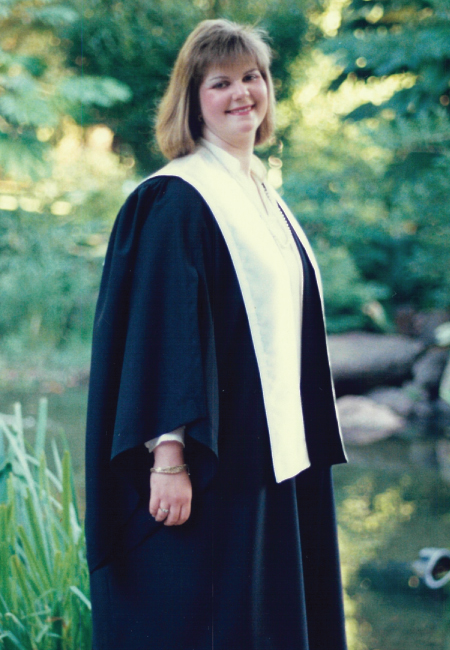
By the time most professionals are settling into their core competencies, Dr. Nerida Mc Dowall was building her third. From hospitality to education, and now to organisational governance, risk, and compliance (GRC), she had quietly developed an expertise so precise, so necessary, and so far-reaching that entire institutions were trusting her to fortify their foundations.
This chapter of her life wasn’t about what she could do alone — it was about what she could design for others to depend on.
Her entry into governance began with purpose, not accident. After years of teaching others about systems and running her own RTOs, Dr. Nerida Mc Dowall saw a pattern: organisations didn’t fail because they lacked passion — they failed because they lacked process. This realisation propelled her into the world of compliance, where she could create structures not just to pass audits, but to sustain excellence.
Her ability to analyse policy, identify gaps, and rebuild frameworks made her an asset to every boardroom she entered. At Tintern Grammar, a prestigious Melbourne-based school, she was appointed Risk & Compliance Manager, reporting directly to the Principal and school board. With over 1,400 students and 240 staff under its care, the stakes were high — and Dr. Nerida Mc Dowall rose higher.
She became a key figure in the Cyber Security Incident Response Team (CIRT), as well as the Child Safety Risk Management Committee (CSRMC). She trained staff, briefed volunteers, and introduced end-to-end systems for child protection, WorkSafe compliance, and policy execution — all underpinned by Australian legislative frameworks such as VRQA, ASQA, SRTO, ACECQA and the Child Safety Standards.
But this was no generic compliance role. This was education governance at its most complex — layered with evolving legalities, growing stakeholder scrutiny, and zero margin for error. Dr. Nerida Mc Dowall treated every policy as a promise, every checklist as a contract.
And that mindset led her to one of the most influential roles of her career: Manager: Enterprise Assurance for Melbourne Archdiocese Catholic Schools (MACS) — the governing body for over 300 Catholic schools across the state of Victoria.
With a reach of 137,000 students, 17,000 staff, and an operational budget of $4.3 billion, this wasn’t just a promotion — it was a testament. A confirmation that Dr. Nerida Mc Dowall’s work had transcended resume points and become system-critical expertise.